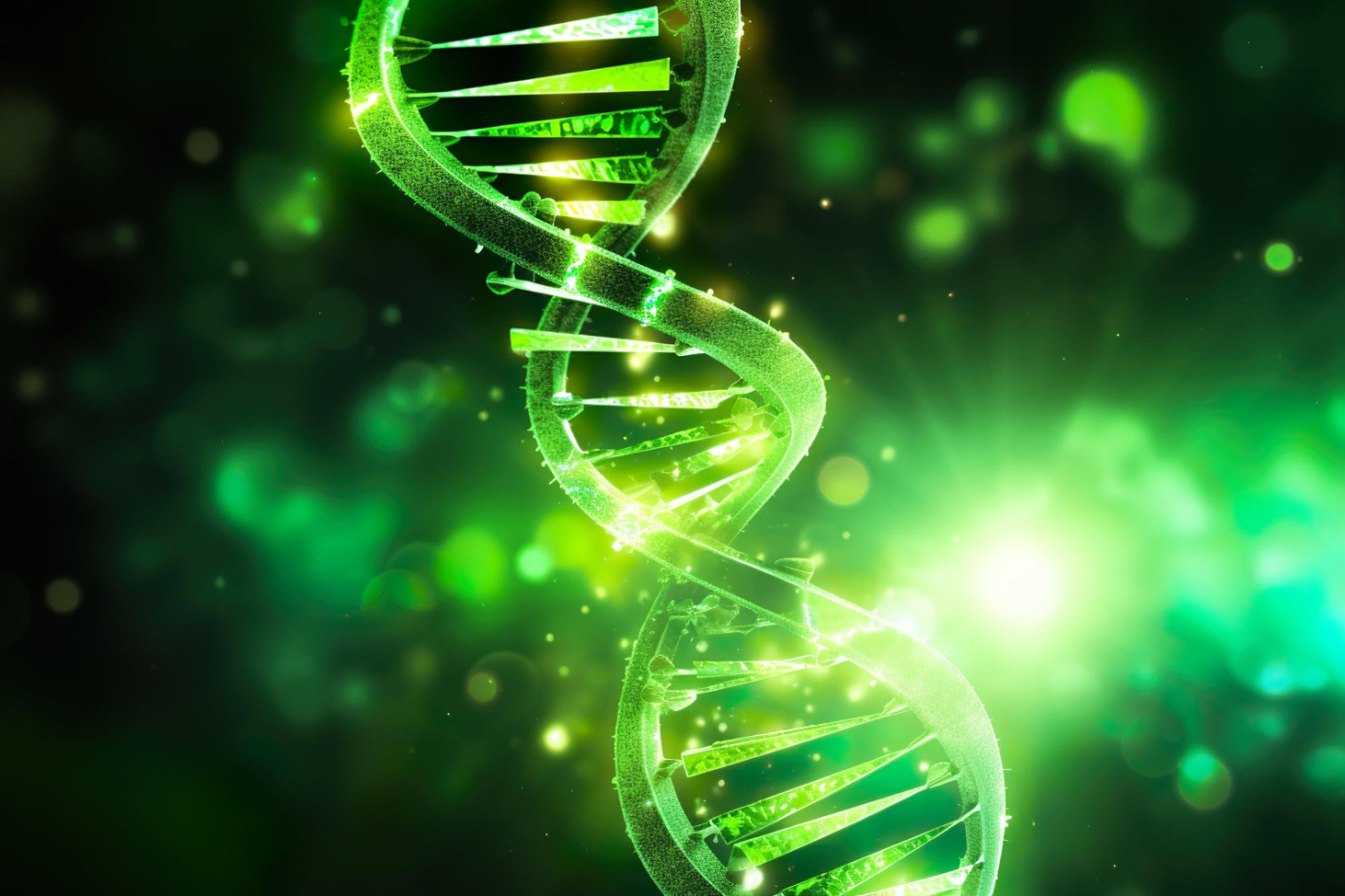5fish
Well-Known Member
- Joined
- Jul 28, 2019
- Messages
- 10,784
- Reaction score
- 4,579

New Breakthrough Paves the Way for Extending Human Lifespan – Scientists Successfully Transfer Longevity Gene
The successful transfer of a gene that produces HMW-HA paves the way for improving the health and lifespan of humans, too. In a groundbreaking endeavor, scientists at the University of Rochester have successfully transferred a longevity gene from naked mole rats to mice, leading to enhanced health
scitechdaily.com
New Breakthrough Paves the Way for Extending Human Lifespan – Scientists Successfully Transfer Longevity Gene. Researchers successfully transferred a longevity gene from naked mole rats to mice, leading to enhanced health and increased lifespan.





